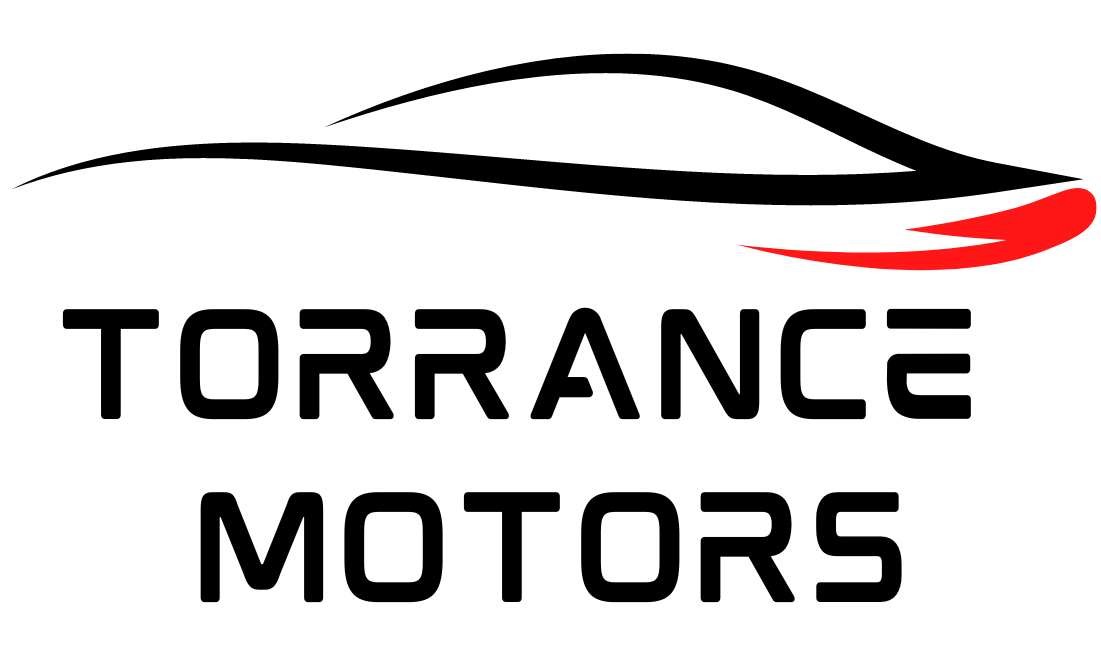The Top 10 Most Common Car Repairs and How to Prevent Them
Regular vehicle maintenance is essential for avoiding unnecessary and expensive repairs. With that in mind, here are the top ten most common car repairs and how you can prevent them from occurring in the future.
- Battery Replacement: Batteries can go bad due to a variety of factors such as age and lack of use. To prevent this issue, always make sure to check your battery’s charge regularly and have it tested as needed. Additionally, it may also be beneficial to invest in an emergency jumper cable just in case of power failure or a dead battery.
- Brake Repair: Worn out brakes can lead to serious safety issues and should be inspected regularly for any signs of wear. It is also important to check brake fluid levels often to ensure it is within a safe operating range.
- Coolant System Flushes: Over time, coolants will break down leaving residue that can cause clogging within the cooling system if not addressed promptly. As such, regular flushing of your vehicle’s coolant system is recommended in order to protect against damage caused by build-up or corrosion.
- Alternator and Starter Repair: Old or failing alternators or starters can cause trouble starting your engine and further problems if left unaddressed for too long . Again, regular inspections are key here as well as making sure there are no loose wires within the system which could lead to short-circuiting or other issues later on down the line.
- Oil Changes: Old engine oil becomes contaminated over time leading to inefficiencies within the engine which can result in decreased performance or even major breakdowns if left unattended for too long. Make sure you keep up with regular oil changes according to manufacturer’s specifications!
- Tire Rotation/Replacement: Tires become worn down over time due to friction caused by regular driving conditions so they should be inspected frequently for any signs of balding or cracks which could cause blowouts while driving at high speeds . Furthermore, rotating tires every 5-10 thousand miles ensures even tread wear so you get more out of each set before having them replaced entirely!
- Exhaust System Repair: A damaged exhaust system creates loud noises and odors that are both annoying and dangerous when exhaling hazardous fumes into the atmosphere . Inspecting for dents, leaky seals, rust build-up or any other signs of damage is key here; getting these components replaced as needed will save you from aggravation (and money!) in the long run .
- Wheel Alignment/Balancing: Wheels should be aligned periodically to ensure proper wheel contact with road surfaces during braking maneuvers . Aspects such as tire rim size , weight , etc., must all be taken into account when addressing wheel alignment issues in order for proper wheel functioning–balancing is also vital here!
- Fuel Pump Repair : A faulty fuel pump can cause stalling issues or difficulty starting after refueling when pressure builds up ; make sure you have your fuel pump checked out if it sounds particularly noisy while running , as this could signal a larger problem at hand .
- Window/Windshield Repair : If a window has sustained damage such as cracking , chipping , discoloration , etc., it may require replacement; additionally , preventive measures like using window tinting film on sunlight -facing windows may help reduce sun glare that leads to discoloration over time !

